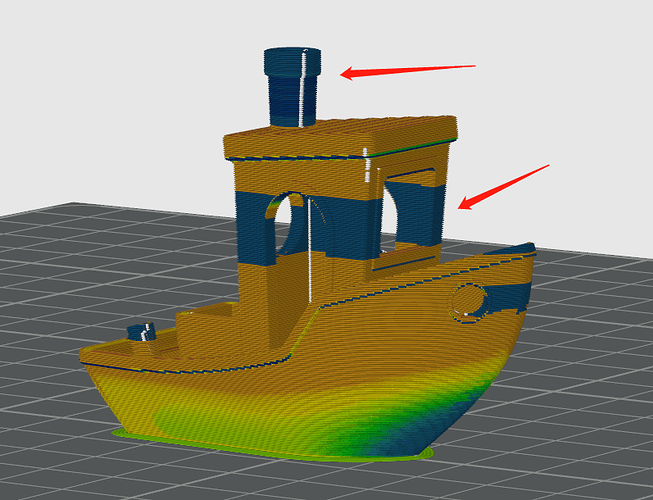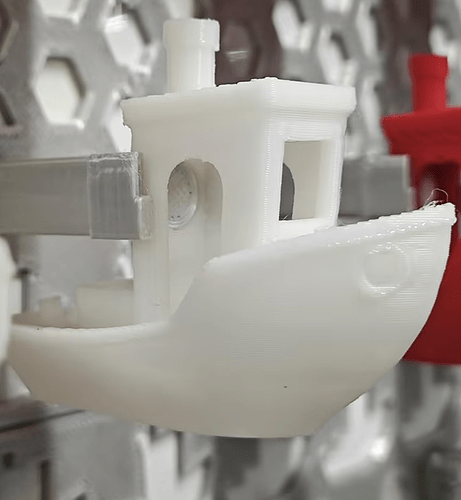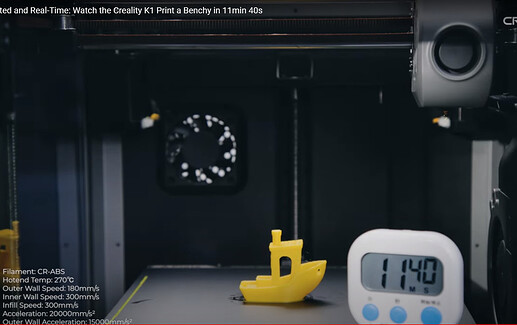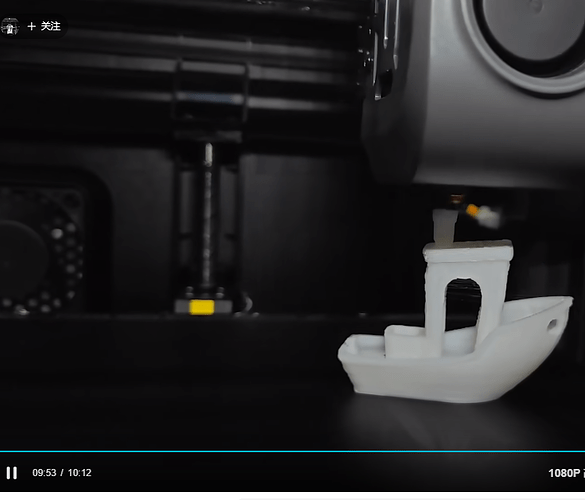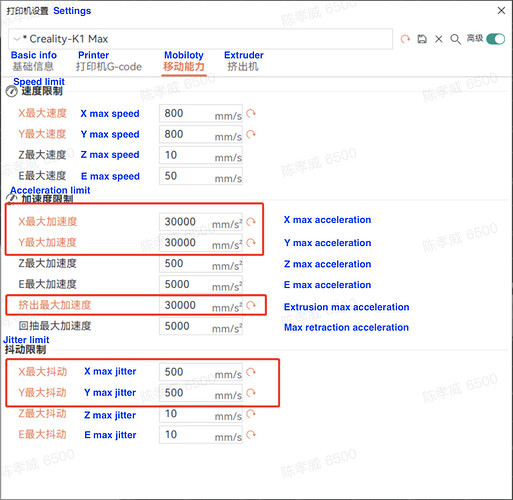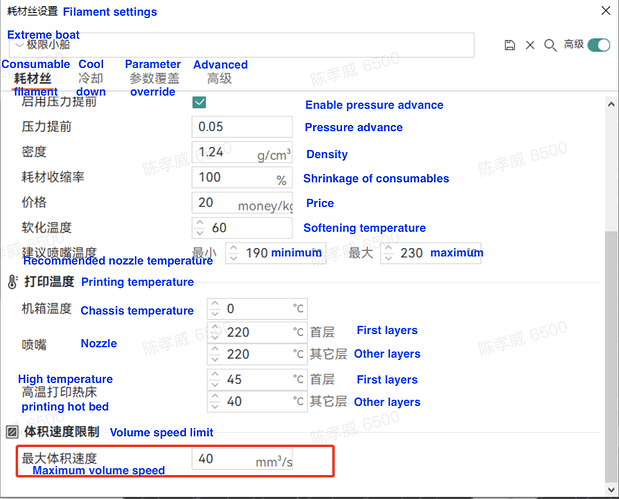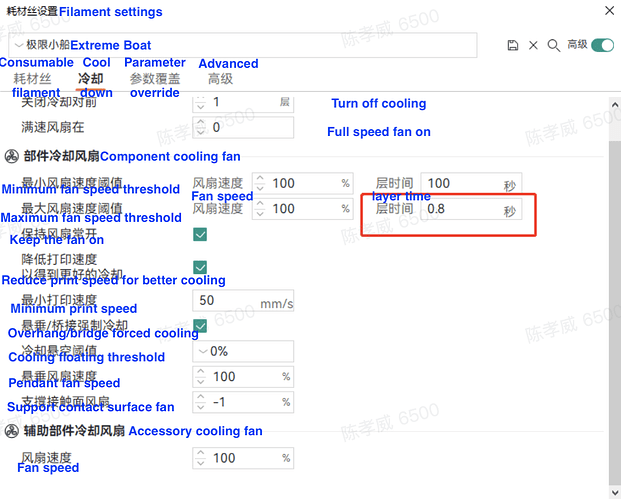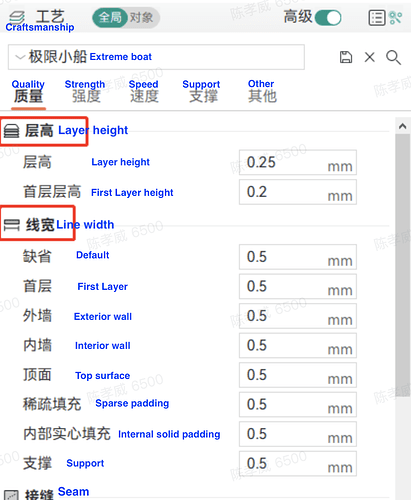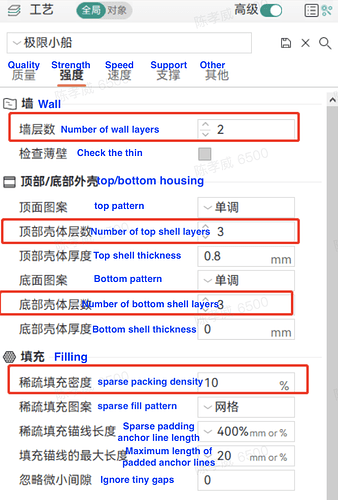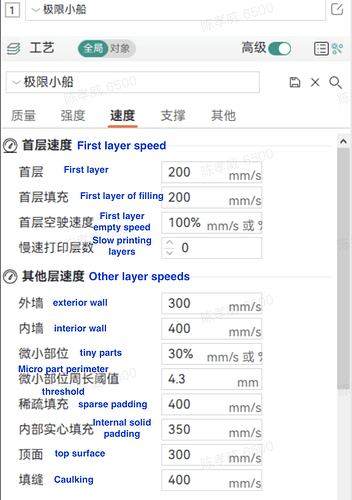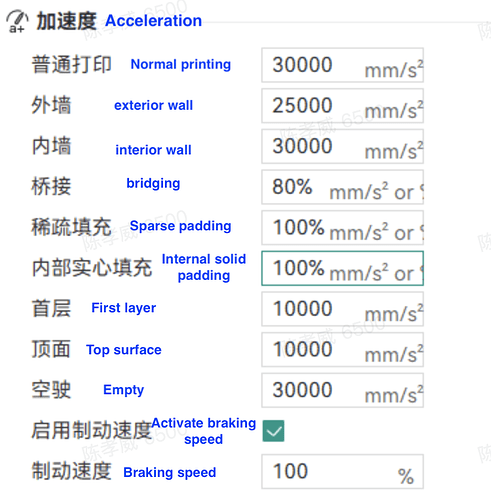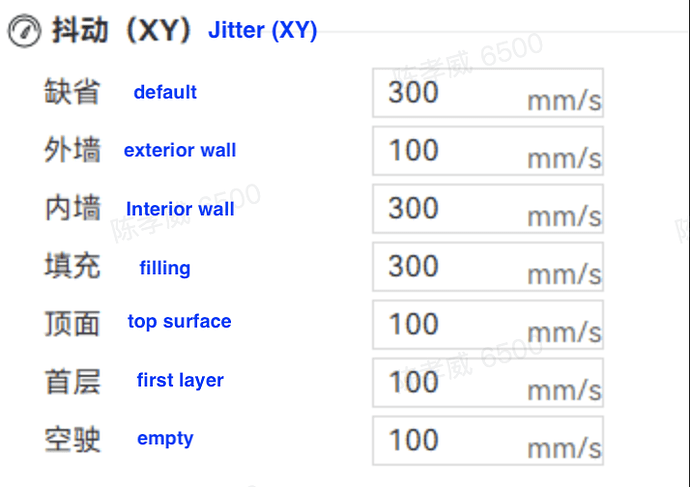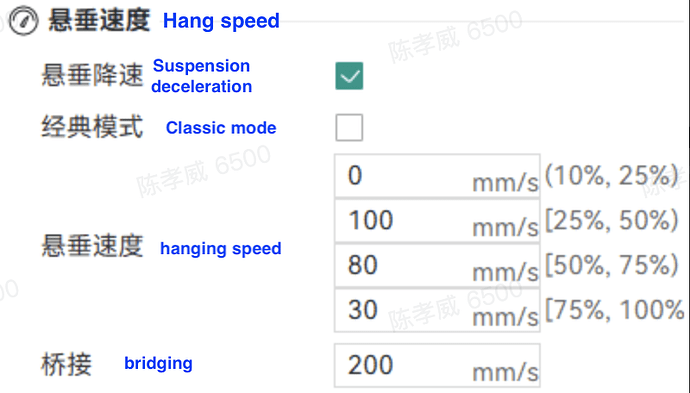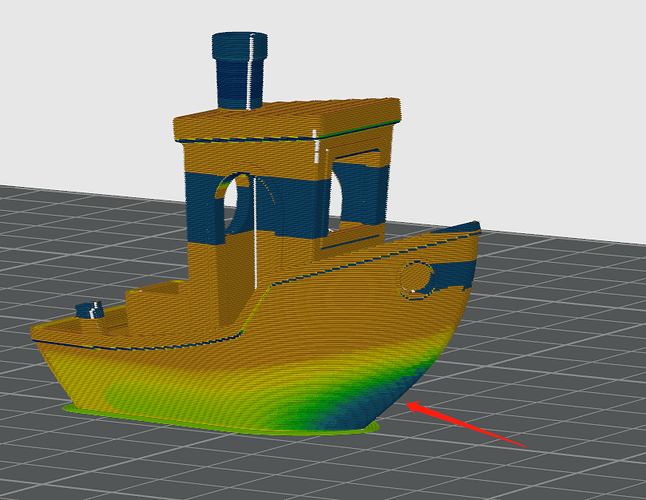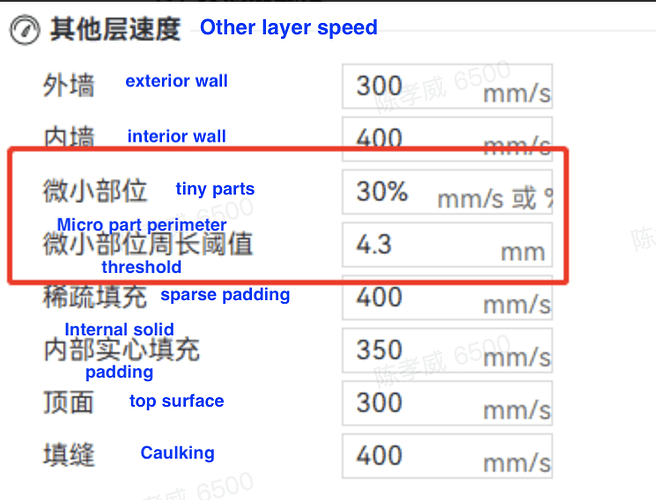Our Small Boat Tuning Achievements
K1/K1 Max Random Data 16min Gcode Small Boat
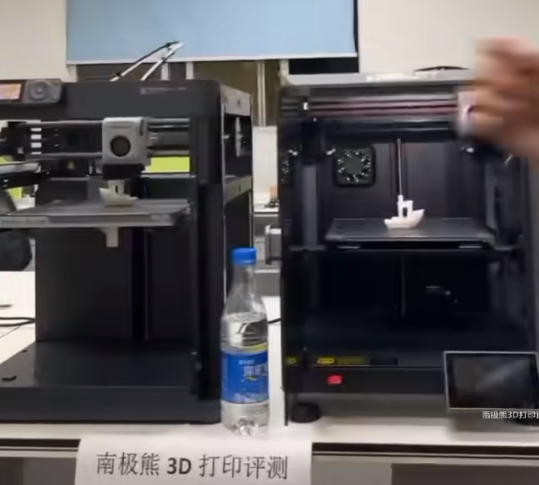
Antarctic Bear PK 15min Small Boat
K1 Preheat Promotion 11min40s Small Boat
K1 9min55s Small Boat
The above time calculation rule is from the start of the first layer printing to the end of the last layer printing.
Racing Rules
Material Requirements: PLA, PLA+, PETG, ASA, ABS, or ABS+
Maximum Nozzle or Line Width Size: 0.5mm
Maximum Layer Height: 0.25mm
Must use 3 top layers and 3 bottom layers
Must use 2 walls and 10% infill
Adjust with Orcaslicer slicing
Machine Limitations
Acceleration
XY Maximum Acceleration Limit: 30000
The acceleration and distance formula is S=1/2at². The larger the acceleration, the shorter the time the machine accelerates to the target speed, and the shorter the acceleration distance, which can save printing time.
Jitter Speed
Jitter speed limit: 500
Jitter speed here refers to the angular velocity. When the machine changes speed direction, its angular velocity can be restricted, allowing it to turn without deceleration, saving printing time. For specific principles, refer to the Klipper kinematics documentation.
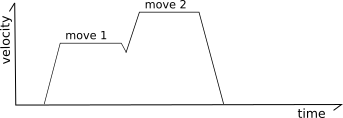
Material Settings
Volume Speed Limit
The volume speed calculation formula is: Layer height x Line width x Printing speed x Correction factor. For example, the volume speed of a 300-speed print is: 0.2x0.4x300x1=24mm³/s. To break through the 300-speed limit, the maximum volume speed must be set very high.
Minimum Layer Cooling Time
The minimum layer cooling time is to ensure that each layer has enough cooling time. If the printing time of this layer is less than the cooling time, it will slow down. For racing small boats, fast printing is required. With auxiliary fans and model fans, this parameter can be adjusted according to the actual situation.
Printing Configuration
Layer Height and Line Width
Adhere to racing rules, use a 0.5mm line width and a maximum 0.25mm layer height for slicing.
Wall Settings
Following racing rules, use 2 walls, 3 top, and 3 bottom layers.
Speed Settings
Acceleration Settings
Jitter Speed Settings
The machine’s default jitter speed is 10mm/s.
Other Challenging Features
Hanging Speed Reduction
n normal printing, the three speeds are 10/10/20. When racing small boats, these can be adjusted based on cooling conditions, but always pay attention to whether the speed changes at the hanging points meet expectations.
Small Features
Among them, the ship windows and chimney features test parameter understanding. Here, you can use small feature forced speed reduction.
